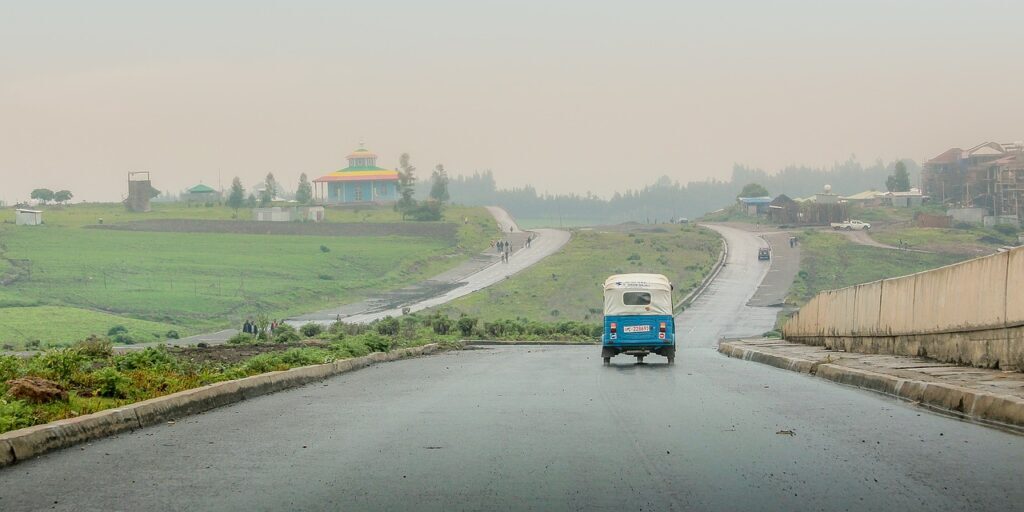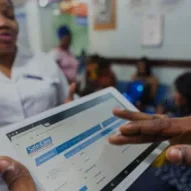
Beyond Boundaries: Transforming Last-Mile Distribution in Ethiopia
Have you ever wondered how goods reach the most remote areas of Ethiopia, a country with diverse and often challenging landscapes? This journey, vital for economic growth and service accessibility, presents unique challenges and opportunities that beckon innovative solutions and investments.
A Market on the Rise
Ethiopia, Africa’s second-most populous nation, is experiencing rapid economic growth, driving a rising demand for consumer products. With over 24 million rural Ethiopians at the economic pyramid’s base, there is a substantial market of consumers with purchasing power but limited access to quality goods and services. This gap represents a significant growth opportunity for investors aiming to serve this underserved population and stimulate inclusive economic development.
The Complexities of Last-Mile Distribution
The sector is known for substantial logistical and infrastructural challenges. Poor road conditions, limited access to transportation, and fragmented logistics systems in rural areas increase operational costs and delivery delays. Furthermore, the absence of standardized logistics practices and insufficient warehousing facilities exacerbate inefficiencies, making it difficult to reach remote communities effectively.
Leapfrogging into an Efficient Model
Despite these challenges, there is an opportunity to ‘leapfrog’ into a more efficient and sustainable distribution model. By leveraging innovative technologies such as mobile order tracking, solar-powered logistics, and climate-friendly refrigeration systems, the private sector can address these logistical hurdles. Empowering local entrepreneurs, especially women, as sales agents and distributors can also enhance accessibility and create employment opportunities.
A New Frontier
For logistics companies, technology providers, and social enterprises, there is a unique opportunity to develop Ethiopia’s last-mile distribution network. Pioneering companies will gain first-mover advantages by creating efficient, sustainable distribution networks that reach remote areas. Sustainability, local empowerment, and technological advancements are key ingredients for new business models that target high-demand markets. Ethiopian
businesses are ready to absorb these improvements, fostering local partnerships and enhancing market presence.
Towards Seamless Delivery
Initial steps have been taken to enhance last-mile distribution in Ethiopia. Unilever has implemented a decentralized distribution model, partnering with local distributors and small-scale retailers, and using mobile technology to streamline orders and deliveries, reducing delays and enhancing supply chain efficiency. Similarly, Kidame Mart empowers local women entrepreneurs by providing training and mobile payment systems. These women act as sales agents, ensuring timely delivery and accessibility of products in rural communities. This approach not only addresses the last-mile distribution challenge but also creates job opportunities and promotes local entrepreneurship.
For logistics companies, technology providers, and social enterprises, there is a unique opportunity to develop Ethiopia’s last-mile distribution network. Pioneering companies will gain first-mover advantages by creating efficient, sustainable distribution networks that reach remote areas. Sustainability, local empowerment, and technological advancements are key ingredients for new business models that target high-demand markets. Ethiopian businesses are ready to absorb these improvements, fostering local partnerships and enhancing market presence.
Download the factsheet report on the Ethiopian last mile distribution sector for detailed information on the foreseen business opportunities and how to tap into this exciting field. To learn more about engaging in this transformative venture, contact TRAIDE Ethiopia at ethiopia@traide.org or mehari.kettema@traide.org









